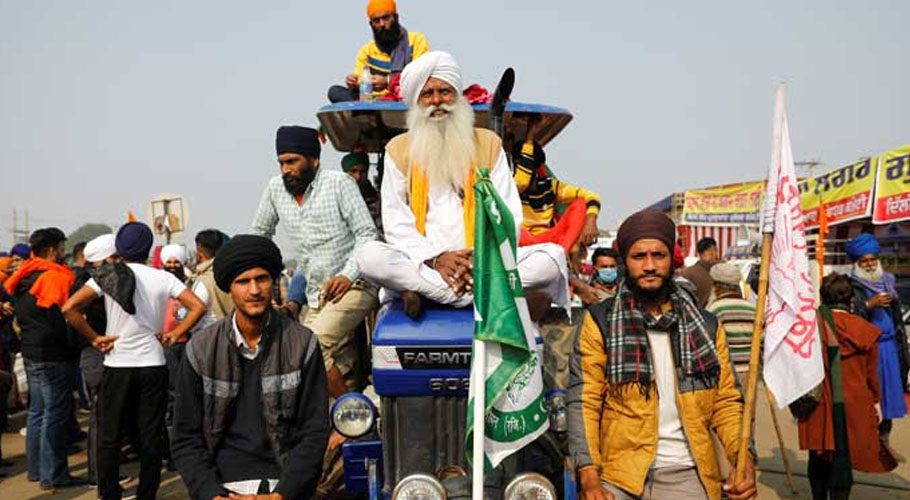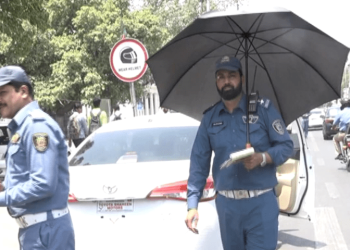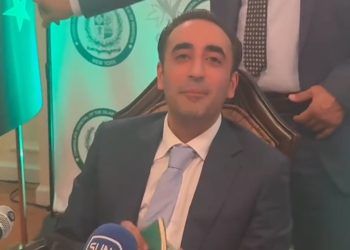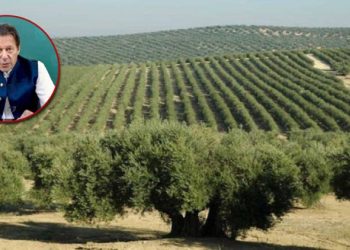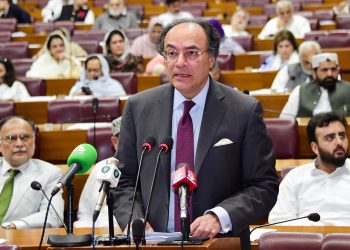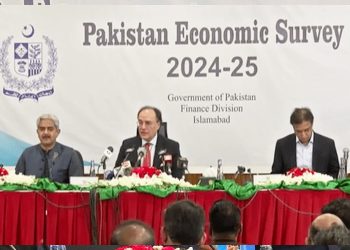NEW DELHI: Indian Prime Minister Narendra Modi said on Friday he had decided to repeal three controversial farm laws against which farmers have protested for more than a year, a significant climbdown by the government.
“Today I have come to tell you, the whole country, that we have decided to withdraw all three agricultural laws,” Modi said in an address to the nation. “In the parliament session starting later this month, we will complete the constitutional process to repeal these three agricultural laws.”
The surprise announcement on Friday morning came on a day Sikhs are celebrating the birth anniversary of Guru Nanak, the founder of Sikhism. Modi said the new farm laws were meant to strengthen the small farmers. “But despite several attempts to explain the benefits to the farmers, we have failed. On the occasion of Guru Purab, the government has decided to repeal the three farm laws,” he added.
Thousands of farmers have been camping at Delhi’s borders since last November, protesting against the reforms. Several rounds of talks with the government over the past few months failed as ministers insisted that laws were good for farmers.
The legislation introduced in September last year, deregulates the sector, allowing farmers to sell produce to buyers beyond government-regulated wholesale markets, where growers are assured of a minimum price.
Small farmers say the changes make them vulnerable to competition from big business, and that they could eventually lose price support for staples such as wheat and rice. The government says reform of the sector, which accounts for about 15% of the $2.7 trillion economy, means new opportunities and better prices for farmers.
READ MORE: Pakistan condemns restrictions on offering Friday prayers in Indian state
The laws were to empower small farmers, but the government failed to convince some farmers who have been opposing the new laws, Modi said. The Samyukta Kisan Morcha (SKM), an umbrella group of some 40 farmers’ unions, had refused to back down despite appeals from the government to end their protest.
Farmers continued to block motorways to Delhi through harsh winter and summer months and even through deadly Covid waves. They called for strikes across the country and dozens of them even died due to cold, heat and Covid. The government initially engaged with them and offered to put the laws in abeyance for two years but farmers rejected their overtures.
Modi’s Bharatiya Janata Party (BJP) government said last year that there was no question of repealing the laws. It attempted to break the impasse with farmer groups by offering to dilute the legislation, but protracted negotiations failed.
READ MORE: Sikh flag ‘Nishan Sahib’ hoisted on New Delhi’s Red Fort
The protests took a violent turn on Jan. 26, India’s Republic Day, when thousands of farmers overwhelmed police and went on to storm the historic Red Fort in New Delhi after tearing down barricades and driving tractors through roadblocks. One protester was killed and scores of farmers and policemen were injured.
Minimum support prices are state-set prices at which the government buys rice and wheat from farmers. The expanded demand for minimum prices on all crops has gained traction among farmers from across the country, not just the northern grain belt.
Opposition parties congratulated the farmers. Rahul Gandhi of the Congress, India’s main opposition party, said their firm stand forced the “arrogant” government to concede. “Whether it was fear of losing UP or finally facing up to conscience @BJP govt rolls back farm laws. Just the beginning of many more victories for people’s voices.” Mahua Moitra, a lawmaker from the Trinamool Congress Party and one of Modi’s staunchest critics, said on Twitter







